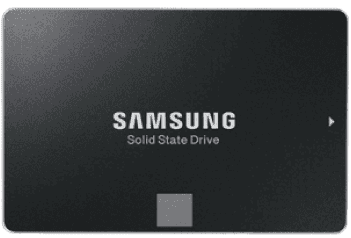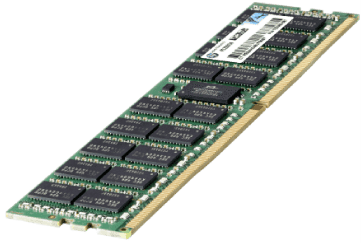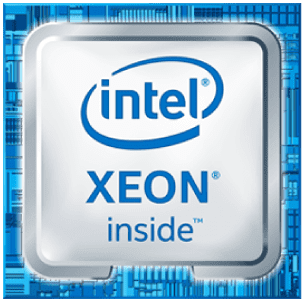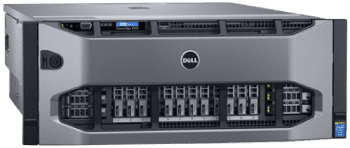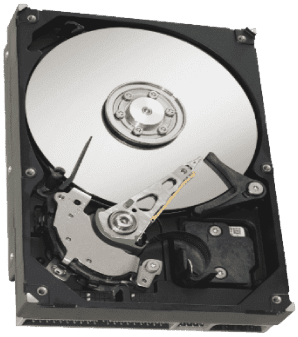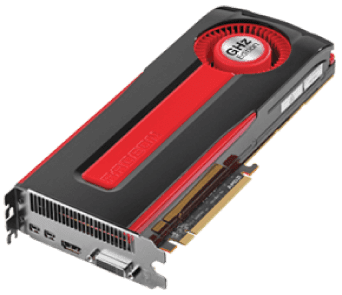We'll Buy Your Used Computer Parts for Cash
Ready to sell your used PC parts? Get a free market valuation of your gear, free shipping, and fast payment from exIT Technologies.
We handle the entire process securely, from certified data erasure to hassle-free logistics.
- Competitive Offers for Parts: We buy CPUs, GPUs, RAM, SSDs, motherboards, and other components based on real-time market demand, whether you’re an individual seller or a large organization.
- Fast Payment: Choose PayPal, wire transfer, check, or crypto.
- Free Shipping or Pickup: We cover logistics whether you’re shipping a handful of parts or arranging bulk onsite pickup.
- Certified Data Security: All drives and storage devices are handled with professional erasure or shredding, no matter who is selling.
- 30+ Years of Trusted Experience: Our expertise means we’re comfortable working with hobbyists, resellers, and large scale firms alike.
Turn your used computer parts into fast cash today by completing our form!
How to Sell Your Used Computer Parts
1
Send Us a Parts List
- CPU, GPU, RAM, motherboard, or drive model numbers
- Quantity and condition of each part
- Date of Purchase and Condition
- Pictures
2
Get a Computer Parts Buyback Quote
Within 2 business days we’ll send you a market-based offer. Whether you’re selling a few parts or many, we’ll work out shipping/collection and any data security steps needed.
- How parts will be shipped or collected (bulk boxes, pallets, onsite pickup if needed)
- Data security requirements for drives or SSDs (shredding or erasure available)
- Compliance and reporting documentation (certificates of destruction, chain of custody, etc.)
3
Ship Your Parts & Get Paid
Once you accept the offer, we provide prepaid shipping labels and professional packing materials, plus insurance at no cost to you. For large quantities, onsite pickup is available.
Payment options include:
- Wire transfer, check, PayPal, or Crypto
- Prepay for established customers
- Transparent processing with real-time updates
Why Selling Computer Parts with exIT is Simple, Secure, and Valuable
24 Hour Order Processing
Fast Shipping & Packaging
Secure Data Erasure
Fast Payment!
exIT Certifications
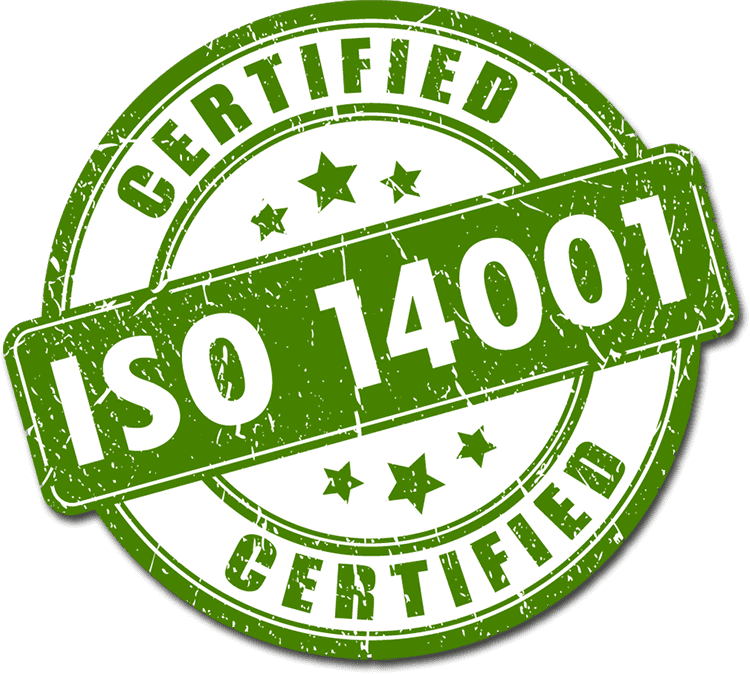
ISO Certifications
ISO 9001 (quality), ISO 14001 (environmental), ISO 45001 (safety).
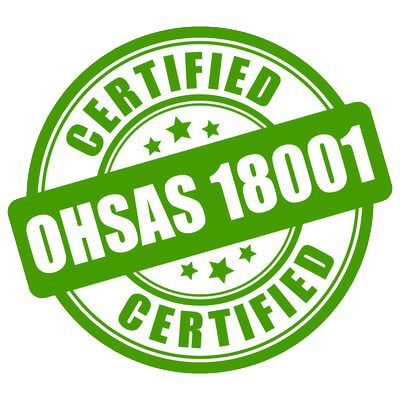
OHSAS Certifications
Trusted by healthcare, government, and Fortune 500 companies
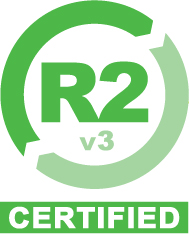
R2 Certified Peace of Mind
Third-party verified for responsible IT asset disposal.
Why Sell Your Old PC Parts
Whether you’re upgrading your gaming rig, cleaning out a closet of spare parts, or decommissioning company hardware, don’t let parts sit unused. Turn them into cash, free up space, and dispose of hardware in a secure, environmentally-responsible way.
Why Choose exIT Technologies?
For 30+ years, exIT has specialized in IT asset recovery. We maximize value for used servers, processors, memory, storage, and networking hardware while ensuring data security and compliance every step of the way.
Your Security Matters
We take the safety of your company seriously. exIT Technologies is fully HIPAA compliant with R2v3 and ISO certifications. We securely acquire, transport, and erase media bearing sensitive data. In some cases, remote or onsite destruction may also be available. In situations where we can’t sell your equipment, we always dispose safely and ethically. Sell your computer parts to a company that values your data security.
Fast Turnarounds
Whether you’re dealing with a six month decommission, or need to sell computer parts in bulk, when you sell your hardware to exIT, we work with your schedule. Once you receive and accept your quote, we typically process new orders within 24 hours. Additionally, one of our project managers will communicate and guide you through our process every step of the way.
Industry-Leading Returns
We have 30+ years of market knowledge and vendor connections. Through our network we’ll find value in computer parts that other companies can’t compete with. As specialists in selling computer parts, we’ll process your order and have the most money back in your pocket.
What Our Customers Say
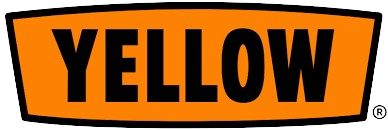
One of the most challenging aspects of bankruptcy is the uncertainty it brings. The easiest part can be taken care of by partnering with exIT Technologies. To maximize liquidation value, while minimizing disruption to our organization, Exit Technologies provided a seamless and efficient service of liquidating our IT assets.

Angie Middleton - VP of IT

I needed a reputable company to handle our data center decommissioning. From quote to close, the process with exIT was smooth and seamless. They’re a trustworthy and transparent ITAD partner.
Lin Xu - Playground AI

exIT Technologies stood out significantly, particularly in their ability to handle international logistics challenges. Their team, especially Kyle Bittner and Nick Villegas, consistently outperformed others with better rates and a willingness to take on projects in challenging regions like APAC, MENA, and LATAM. What truly set exIT apart was their human touch.

Paul Drew - Founder, SVP of Infrastructure
FAQs About Selling Computer Parts
About $2,500 worth or any combination of used IT including used ram, used hard drives HHDs, used SSDs, used processors or CPUs, used memory or ram, used servers, used computers, used networking, or similar used IT equipment you have to liquidate.
If you’re not sure if what you have qualifies, just contact us below to let us know what you have and we’ll be glad to help out!
If you’re not sure if what you have qualifies, just contact us below to let us know what you have and we’ll be glad to help out!
We’re interested in new and used hard drives of all types, including those from servers, desktops and laptops. On the secondary market, Seagate and Western Digital tend to bring in the most consistent value. But no matter what brand of hard drive you’re looking to unload, from Toshiba to Hitachi and SanDisk, odds are we’ve worked with it before!
Nope! At exIT, we’re interested in purchasing old, used, and damaged servers in bulk your company might have in storage. Even those that are no longer active in your network. Get value back from that equipment that’s simply collecting dust!
For starters, we are R2v3 certified. This means that all of our processes are 3rd party audited to ensure that we meet certain data security and environmental standards. We’ve also been in business for over two decades as a family owned company, and we have never had a single situation with a data leak or any client have issues regarding their data security. If government institutions and fortune 500 companies can trust us with their data, you can too.

